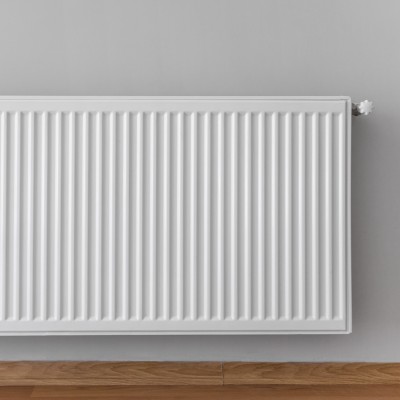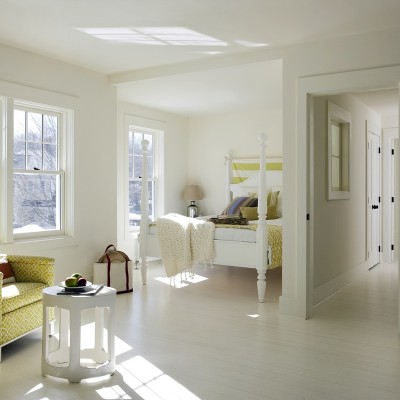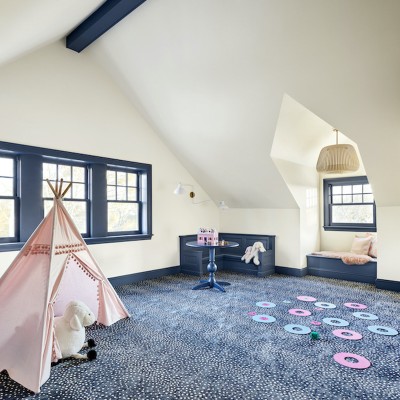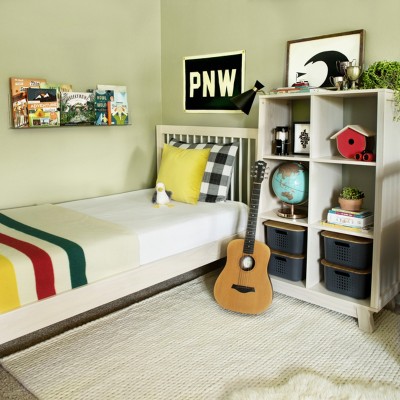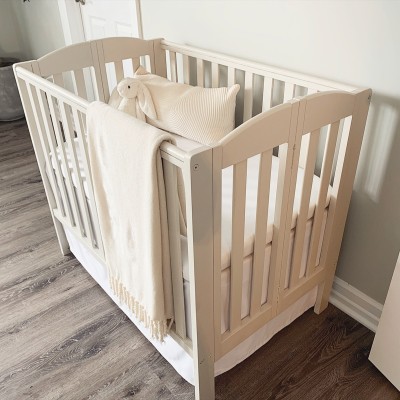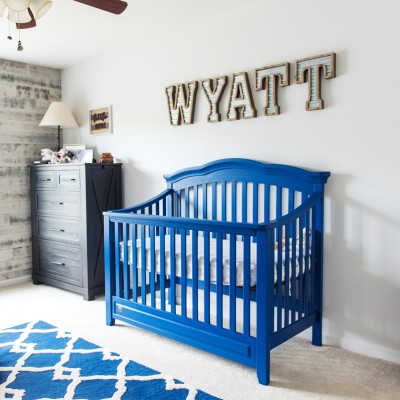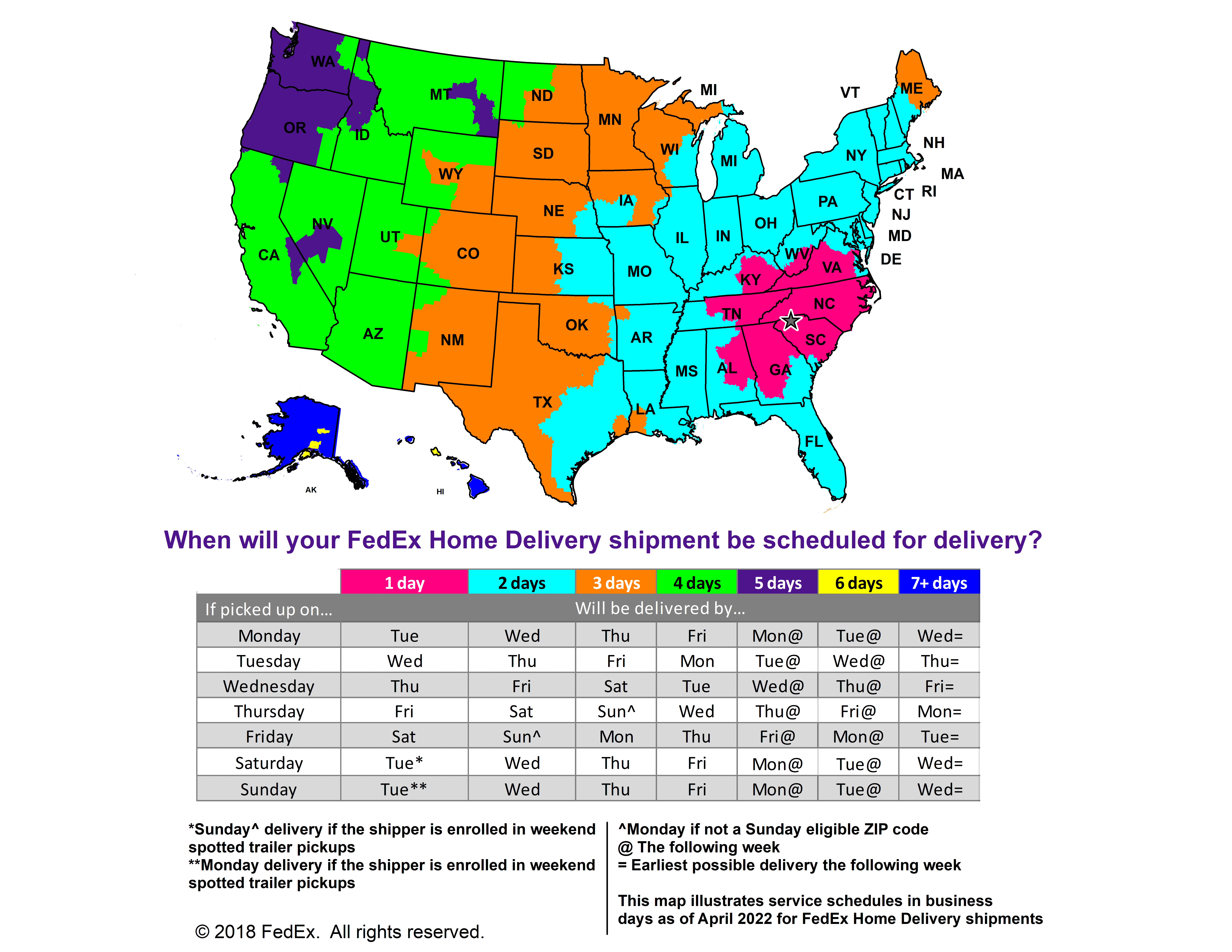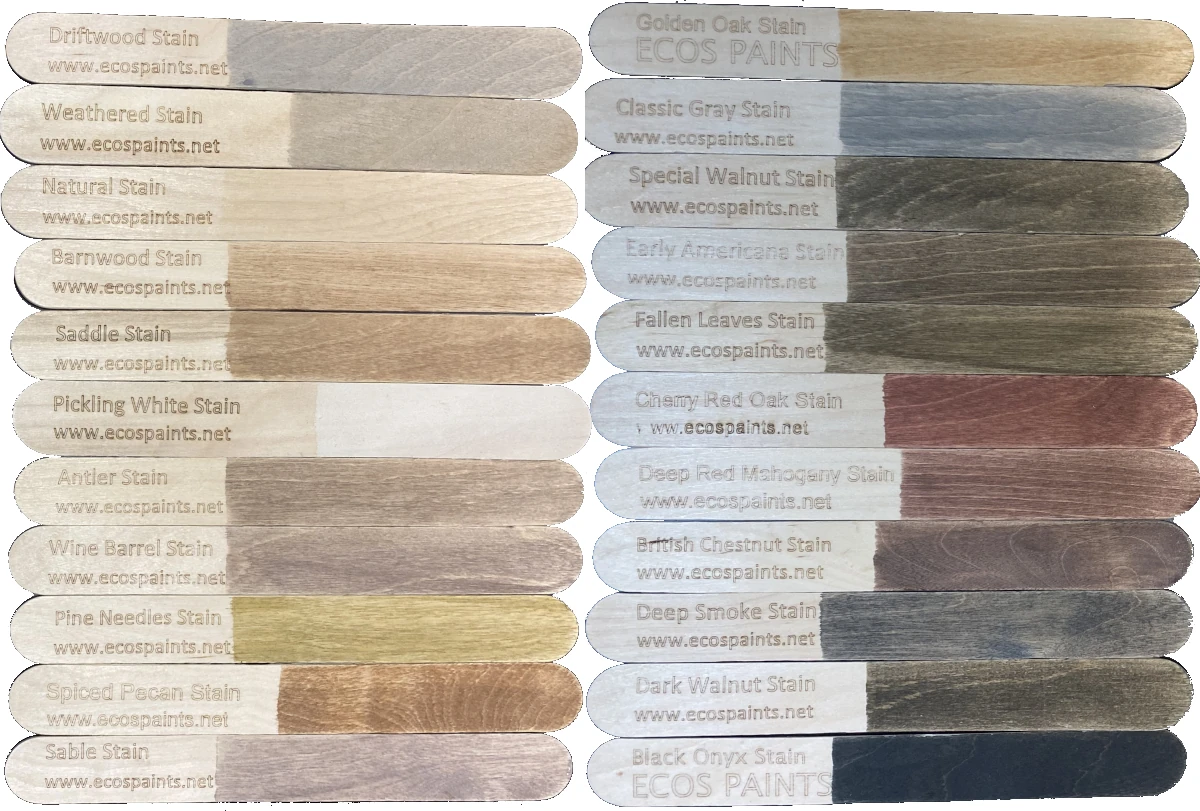Multiple Chemical Sensitivities | Accommodations for Renting
Finding a home can prove to be extremely difficult, if not impossible, for renters who suffer from multiple chemical sensitives (MCS). While property owners usually refresh apartments with a new coat of paint before the tenant moves in, these paints are often loaded with noxious chemicals called VOCs. VOCs, or volatile organic compounds, release into the atmosphere after paints, stain-blocking primers, and gloss varnishes are applied. For individuals with MCS, this off-gassing process can trigger a variety of symptoms, some of which can be severe enough to require hospitalizations.
Aside from health concerns related to fresh paint, MCS sufferers may also face skeptical landlords who aren’t willing to make necessary multiple chemical sensitivity accommodations. Because the general population doesn’t react as strongly to the chemicals found in paint fumes and other products, many property owners haven’t even heard of MCS and therefore don’t take these requests seriously.
What is MCS?
MCS is a real medical diagnosis that’s given to individuals who experience adverse reactions when they inhale, touch, or ingest certain chemicals. MCS is also referred to as environmental illness, idiopathic environmental intolerance, and sick building syndrome. MCS sufferers can experience a wide range of unpleasant to severe symptoms, such as:
- Respiratory complications
- Fatigue
- Dizziness
- Muscle pain or stiffness
- Digestive complications
- Confusion
- Trouble concentrating
- Memory problems
- Mood changes
While most people only experience a mild headache or dizziness, inhaling even small amounts of noxious paint vapors can send someone with MCS to the emergency room.
How Prevalent is MCS?
While chemical sensitivities may be an interesting topic to read about, you may wonder how many people actually suffer from MCS. Since it’s considered a diagnosable illness, you may also wonder how many people are actually diagnosed with MCS by a medical doctor. Researchers at PubMed had the same questions and conducted a study that yielded surprising results.
In 2004, PubMed studied 1,054 individuals who were randomly selected from across the United States. Researchers examined both etiology, which is the cause of a condition, and symptomatology, which is the symptoms experienced by a patient due to a certain condition. The study revealed that 11.2% of the test population reported an adverse reaction to a variety of common chemical-laden products, including fresh paint. 2.5% of the test population reported that they had been medically diagnosed with Multiple Chemical Sensitivities.
While the PubMed study revealed that there is indeed a sizeable portion of the United States population that suffers from chemical sensitivities, not all of these people share the same reactions or sensitivities. For example, some people are sensitive to paint fumes but not to air fresheners. Other individuals are sensitive to paint fumes and experience a nagging headache, while others are so sensitive to paint fumes that they must be admitted to a hospital.
How Legitimate is an MCS Diagnosis?
As a condition that prevents or makes everyday activities extremely difficult or impossible, MCS is legally defined as a disability. According to a 1992 HUD memo, MCS and other related environmental illnesses are considered to be actual medical conditions that are valid and diagnosable. The memo went on to state that multiple chemical sensitivities “causes us to reach not for a Kleenex but for the telephone to summon an ambulance.”
How Should Property Owners Respond?
While MCS can sound far-fetched to some, it’s important for landlords to educate themselves on the reality and legitimacy of these sensitivities and those who suffer from them. It’s helpful if property owners respond in an understanding and professional manner to prospective tenants with MCS. Accommodation requests by these future tenants should be taken very seriously. Although it might seem like a hassle to accommodate requests for MCS-friendly paints, stain-blocking primers, gloss varnishes, and stains, it couldn’t be easier. ECOS Paints has a variety of MCS-friendly products that landlords can use to refresh their properties. By using ECOS products to try to fulfill MCS requests, landlords can help to prevent a wide range of negative and costly consequences, such as:
- Costs spent on advertising the apartment or townhome
- When a property is uninhabited, money is quickly lost. It’s important that landlords quickly find renters, and the best way to do this is through advertising. Advertising for long periods of time, however, can become expensive.
- Negative press
- Word spreads quickly, especially when reasonable requests for health-oriented accommodations are denied. This could turn future renters off and make renting out the property very difficult.
- Loss of rental income
- If an individual who suffers from MCS rents out your space and falls ill due to VOC off-gassing, many times the person will have to move out in order to maintain their health. If renter accommodation requests are denied at the outset, an apartment seeker with MCS will choose to live elsewhere. Both of these situations result in the loss of rental income.
If you’re a property owner and have a prospective or current tenant with MCS, there are three simple things you can do.
- Listen to the person’s requests
- Take their multiple chemical sensitivity accommodations requests seriously
- Use products from companies like ECOS Paints
ECOS Paints provides a range of MCS-friendly paints for individuals who suffer from multiple chemical sensitivities. As a manufacturer of premium-quality paints, stains, varnishes, and other related products, we care about the health of our customers and the environment. That’s why we lead the movement for transparent ingredient lists. Each ECOS Paints product includes straightforward data sheets that include Declare Labels and third-party verified Health Product Declarations. These ingredient labels and test results allow you and your tenant to see exactly what’s in the product before you paint. In that way tenants can specifically look for any chemical which they know causes them issues.
With ECOS Paints, multiple chemical sensitivity accommodations are easy, affordable, and convenient. Feel free to contact us with any questions you may have; we’re here to help!











